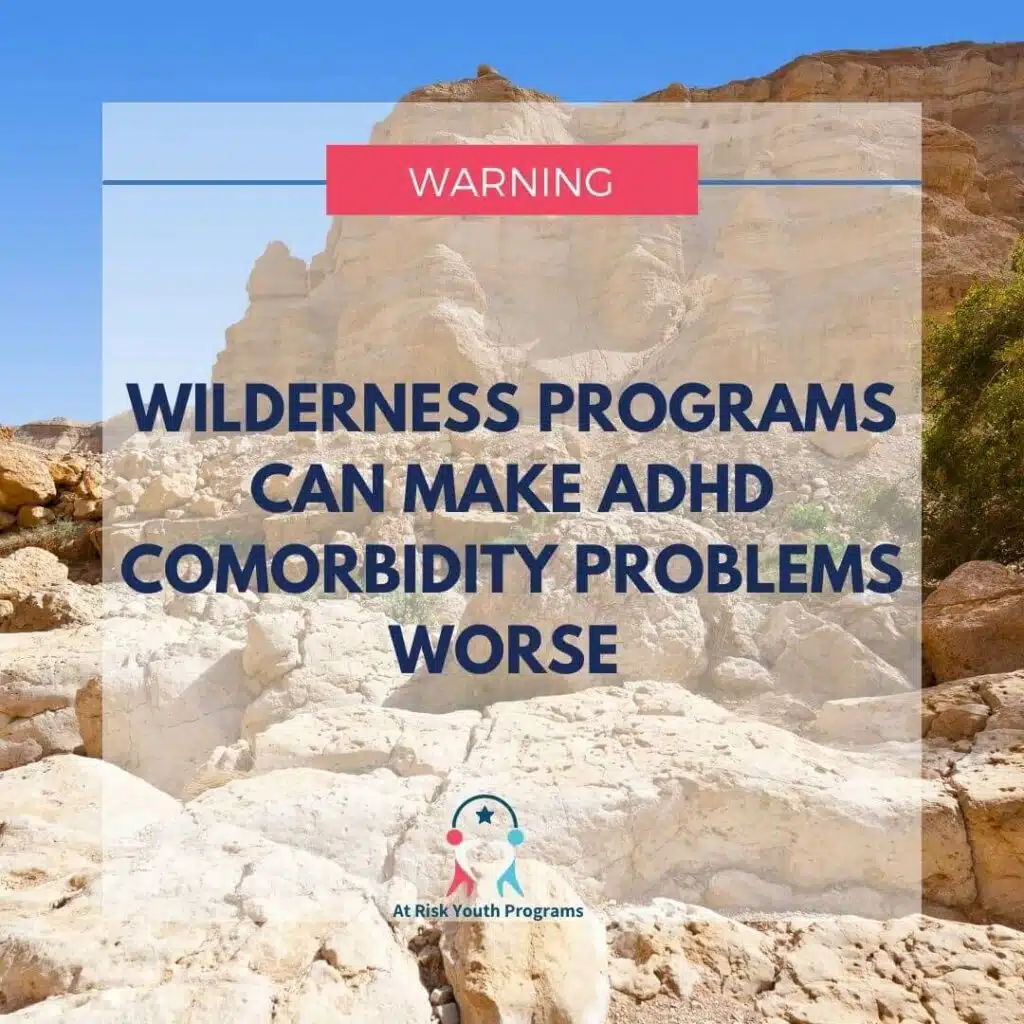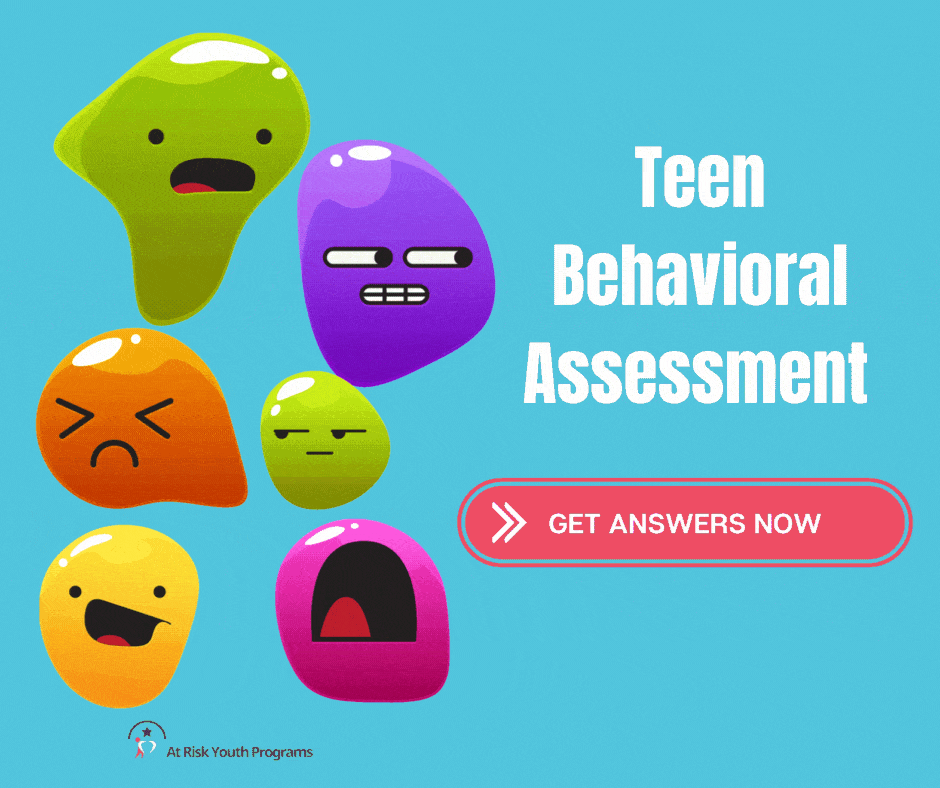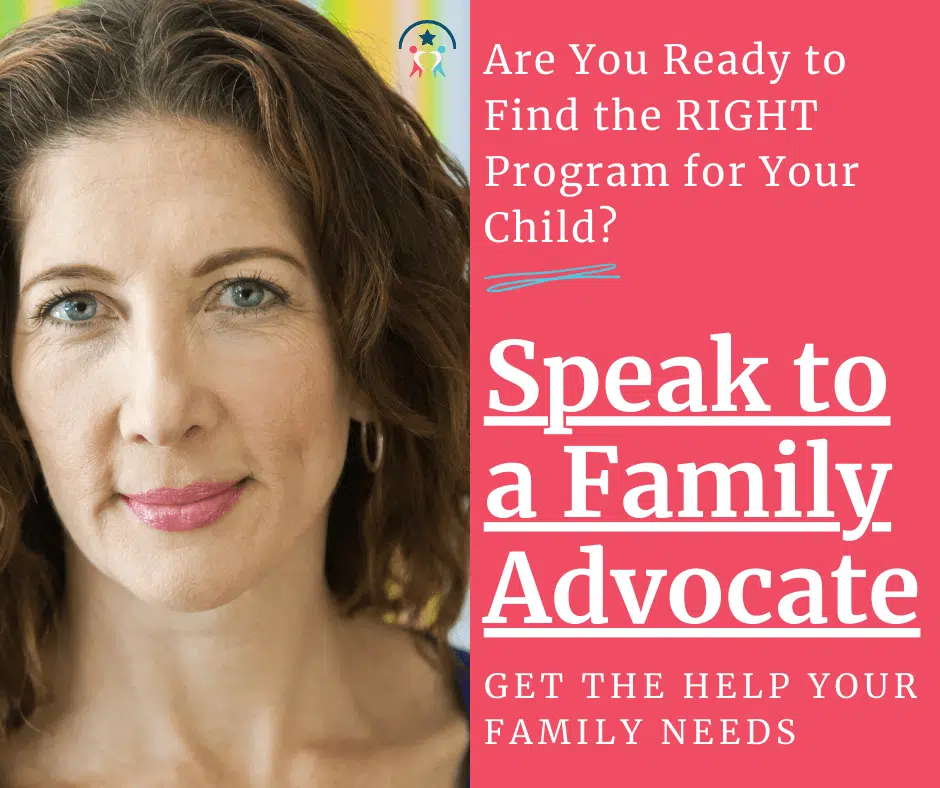Do Wilderness Programs Hurt or Help a Struggling ADHD Teen?
Thousands of parents face tough decisions when they realize they are dealing with an at-risk teen. Teen wilderness programs have been glorified by the media as the “fix-all” for youth behavioral problems, including kids with attention-deficit hyperactivity disorder (ADHD). Educational consultants often even recommend a wilderness program as a form of “detox,” or a way to get kids out of their troubled environment for a fresh start. Therefore, many parents commit to these programs, but later find the decision may not have been for the best of the child or the family.
So, what is a teen wilderness program exactly?
Teen wilderness programs are often deemed as “wilderness therapy” or “outdoor behavioral care.” These programs involve pulling a teen from their typical environment and placing them in a program that takes place primarily outdoors in a secluded, primitive location.
Depending on the program, some level of cognitive-behavioral therapy or even mindful-based therapy may be involved in the treatment. However, many of these programs focus more on basic therapeutic concepts without formal levels of counseling, such as:
- Working together with peers
- Identity development
- Intrinsic motivation
- Overcoming physical and emotional challenges
Wilderness programs often last for three months or more and can come along with a cost of upwards of $30,000 for three months of treatment.

The Risks of Lacking or Improper ADHD Treatment for Teens
From a lack of impulse control to problems with social skills, teens who are struggling with ADHD can face a host of challenges that make behavioral problems more likely.
While any child can develop behavioral issues, attention-deficit hyperactivity disorder (ADHD) is closely linked to risky behaviors in teens.
An ADHD teen is two and a half times more likely to be expelled from school, more likely to take sexual risks, and more likely to use drugs or alcohol. These teens are also 12 times more likely to have certain types of eating disorders.
Teens who have not received the proper treatment often go on to become adults with even bigger problems. A study published by The Journal of Clinical Psychiatry found that people with untreated ADHD were three to four times as likely to develop a substance use disorder.
Even further, a child who doesn’t get the proper treatment may be more likely to partake in criminal activity as an adult—25 percent of inmates in the U.S. are shown to have ADHD.
The Pitfalls of Wilderness Programs for an ADHD Teen
With the risks for an ADHD teen being so profound, parents must be wholly dedicated to getting their at-risk teen into a program that fully addresses all of the teen’s needs therapeutically.
Unfortunately, a teen wilderness program is not typically designed to offer such a solution. Instead, these programs appear to put a “band-aid” on the situation.
The child is temporarily pulled out of the environment where certain behaviors were an issue, so things appear to get better. However, these programs rarely address the core issues. Here is a closer look at the pitfalls of a wilderness therapy program.
Excessive Cost
As noted above, the average cost of a three-month wilderness program can be $30,000 or more. Unfortunately, most insurance providers don’t recognize wilderness programs as legitimate forms of therapy, so parents are forced to pay out of pocket for the treatment. By contrast, insurance often covers a portion of residential treatment centers (RTC) for ADHD in a standard setting; ADHD is a psychiatric disorder and RTC programs are licensed for treatment.
Aftercare Necessities
Because wilderness programs are not specifically designed to tend to an ADHD teen, many children come out of these programs in need of further treatment. Being immersed in nature for an extended period with only a select few people can mean the child has no idea how to reintegrate with the real world and the responsibilities of school and life.
It is not uncommon for the same education consultant to recommend RTC programs after wilderness therapy for this very reason. Therefore, parents can face double the costs, paying first for a wilderness program and then for residential treatment when the child needs more.
Lack of Comorbidity Care
Studies have shown that about 66 percent of children with ADHD have psychiatric comorbidities (co-existing conditions). Some of those conditions include:
- Oppositional defiant disorders
- Anxiety disorders
- Autism spectrum disorders
- Intellectual disabilities
- Mood disorders
Unfortunately, wilderness therapy programs are not designed to target these complex comorbidities.
Spending time following a stringent regimen in nature does nothing to fix things like major depression, post-traumatic stress disorder (PTSD), bipolar disorder, or anxiety.

In fact, some attributes of wilderness programs, such as social isolation, can make ADHD comorbidity problems worse.
Residential Treatment for ADHD: A More Logical First Step
Residential treatment is a more comprehensive program that is more capable of targeting the root of problematic behaviors and the therapeutic needs of the teen. RTC offers programs that treat the whole child, even if the child is facing combined:
- Academic challenges
- Comorbid conditions
- Behavior problems
Teens who enter residential treatment are immersed in a supportive environment that delivers the tools necessary for true improvement.
For example, during RTC, a teen may learn how to cope with ADHD challenges, get on track academically with specialized support, and experience success to improve their own mentality of self-worth. In addition, the teen is given the opportunity to build social skills and connect with peers.
Residential treatment is an individualized approach to a teen’s needs. For a teen that is dealing with the repercussions of ADHD, those needs can be diverse. For instance, if the teen has an issue with controlling their eating or is using substances to cope with racing thoughts and stress, those issues can be targeted through individualized therapeutic actions.
RTC also offers a more formal, science-backed approach to psychiatric therapy. While wilderness programs don’t always involve specific therapy, teens in residential programs are exposed to multiple types of therapy.
Final Thoughts on Wilderness Therapy vs Residential Treatment for ADHD
Wilderness programs can look like an attractive, effective option for an ADHD teen with behavior issues. However, the programs tend to only act as a temporary solution and don’t address the core of the problems.
Delaying well-formed treatment in favor of wilderness therapy may only exacerbate the issues with the at risk youth. In some cases, teens who don’t get timely help face life-altering results. Residential treatment for ADHD is more comprehensive and better built to address the unique needs of the teen instead of masking the true underlying problems that need to be addressed.
Do you need help finding the best treatment program for your teen with ADHD? Take the behavioral test to get started, and then get more information about At Risk Youth Program Placement.

















